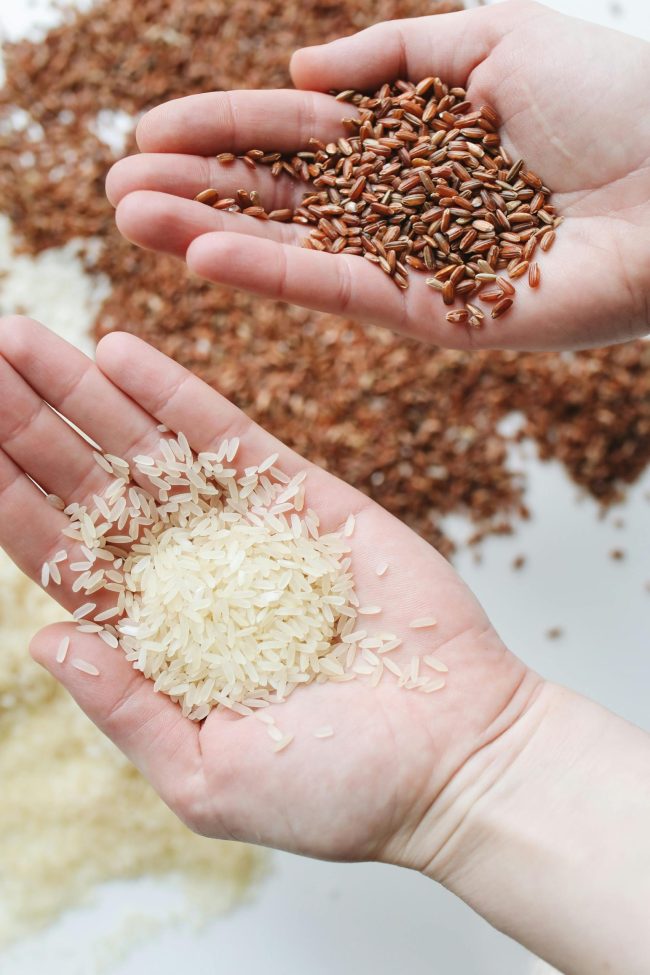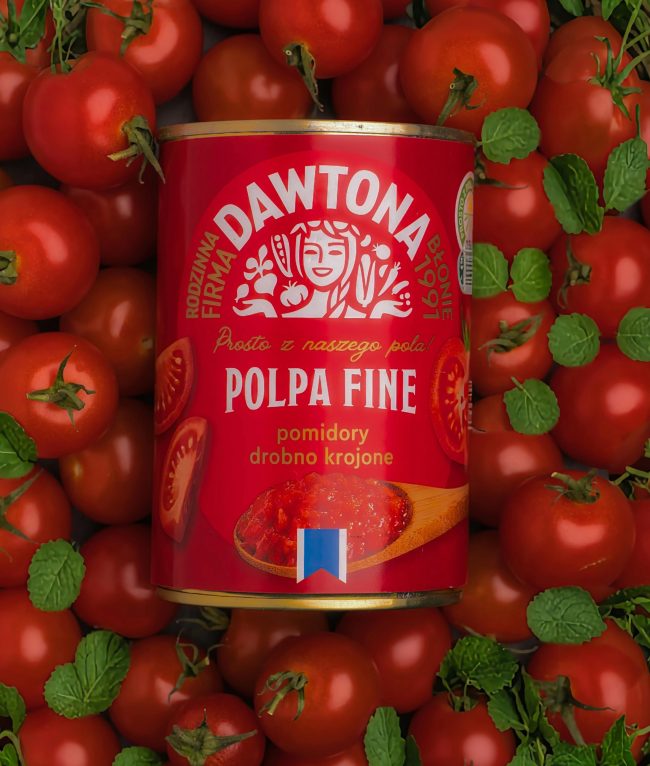Shatel Huntley has a Bachelor's degree in Criminal Justice from Georgia State University. In her spare time, she works with special needs adults and travels the world. Her interests include traveling to off the beaten path destinations, shopping, couponing, and saving.
The grocery store aisles are filled with products boasting impressive health claims. Labels shout about being “all-natural,” “low-fat,” “multigrain,” or “made with real fruit.” These marketing terms create a “health halo” around products, leading consumers to believe they are making a nutritious choice. However, nutrition experts often warn that these labels can be misleading. They…
The freezer is an essential kitchen tool for preserving food and reducing waste. However, once a frozen item is thawed, the clock starts ticking. Thawing allows dormant bacteria to become active and multiply. While some foods can be safely refrozen, many should not be. Refreezing them can lead to dangerous bacterial growth or a significant…
Grocery stores are masters of consumer psychology. Their primary goal is to maximize sales, which often means guiding you towards products with the highest profit margins, not necessarily the ones that offer the best value or health benefits for you. These “tricks” are subtle but incredibly effective. They play on our habits, our senses, and…
Tariffs are taxes placed on imported goods. When imposed, they can have a direct impact on the price and availability of certain items on our grocery store shelves. The United States imports a significant amount of its food, from fresh produce to specialty goods. This makes our food supply susceptible to price increases if new…
You take a bite of your favorite snack, and something seems… different. The recipe you’ve made for years suddenly doesn’t taste the same. It’s a common experience. Food brands quietly change their ingredients all the time for a variety of reasons, from cutting costs to responding to health trends. These reformulations can alter the taste,…
We trust that the bottled beverages we buy—from water and juices to sodas and teas—are safe to drink. Regulatory bodies and manufacturers have systems in place to ensure this. However, mistakes in the complex journey from production to bottling to store shelf can and do happen. When a potential health risk is identified, a recall…
For decades, many shoppers viewed store-brand (or private label) products as generic, lower-quality imitations of their favorite name brands. Today, that perception is largely outdated. Supermarkets have invested heavily in their private labels, often creating products that are not only cheaper but also equal or even superior in quality to their well-known competitors. In many…
Building a well-stocked pantry is a cornerstone of preparedness and frugal living. Having shelf-stable foods on hand can help you weather emergencies, save money, and make meal planning easier. While many foods last a year or two, some remarkably inexpensive pantry staples have an incredibly long shelf life, remaining safe and usable for a decade…
The U.S. Food and Drug Administration (FDA) is responsible for ensuring the safety of a vast portion of the nation’s food supply. This is a monumental task involving setting regulations, inspecting facilities, and monitoring for potential health threats. While specific priorities may shift based on current events or new scientific data, the FDA routinely focuses…
Canned goods are the foundation of a stable pantry. They are affordable, long-lasting, and convenient. We often think of their prices as being relatively stable. However, the journey from farm to can to shelf is a complex process. This process is subject to various agricultural and economic shocks. The price of certain canned goods can…











